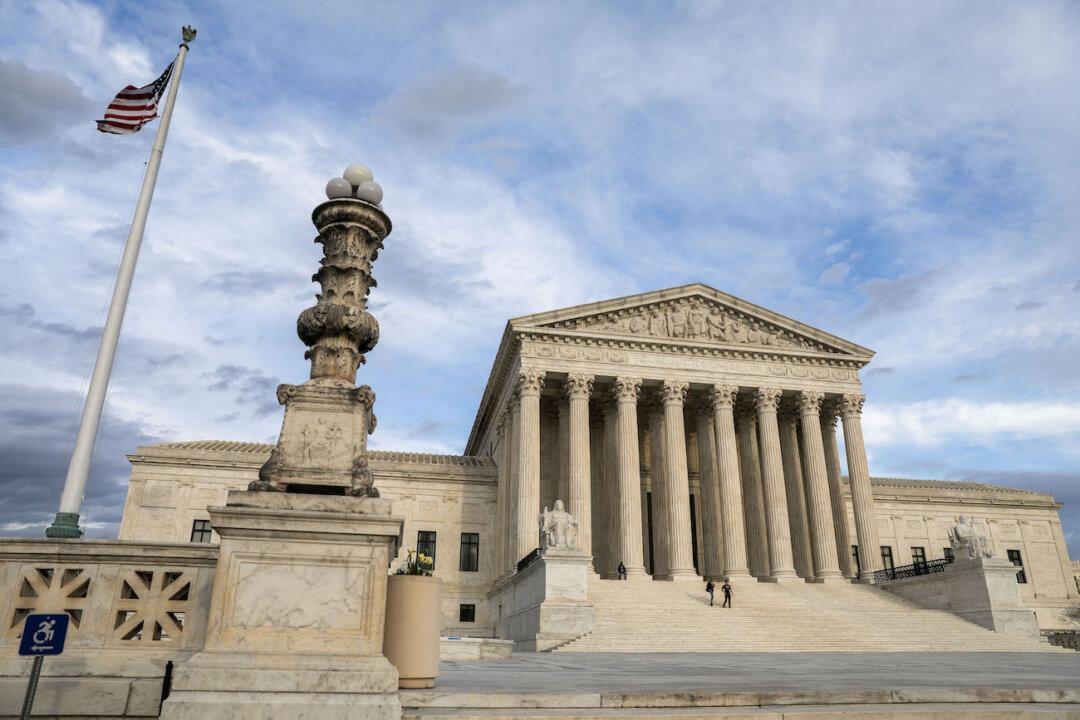Republicans intend to ask the short-handed U.S. Supreme Court to review a Pennsylvania Supreme Court ruling that extended the deadline for receiving and counting mailed ballots in the Keystone State, a decision they claim violates the law and endangers electoral integrity.
Pennsylvania is among the most hotly contested battleground states in the Nov. 3 presidential election. President Donald Trump narrowly won Pennsylvania in 2016 by 44,292 votes out of more than 6 million cast. The Republican candidate secured 48.2 percent of the popular vote in the state, beating Democrat Hillary Clinton, who won 47.5 percent, according to Ballotpedia.





